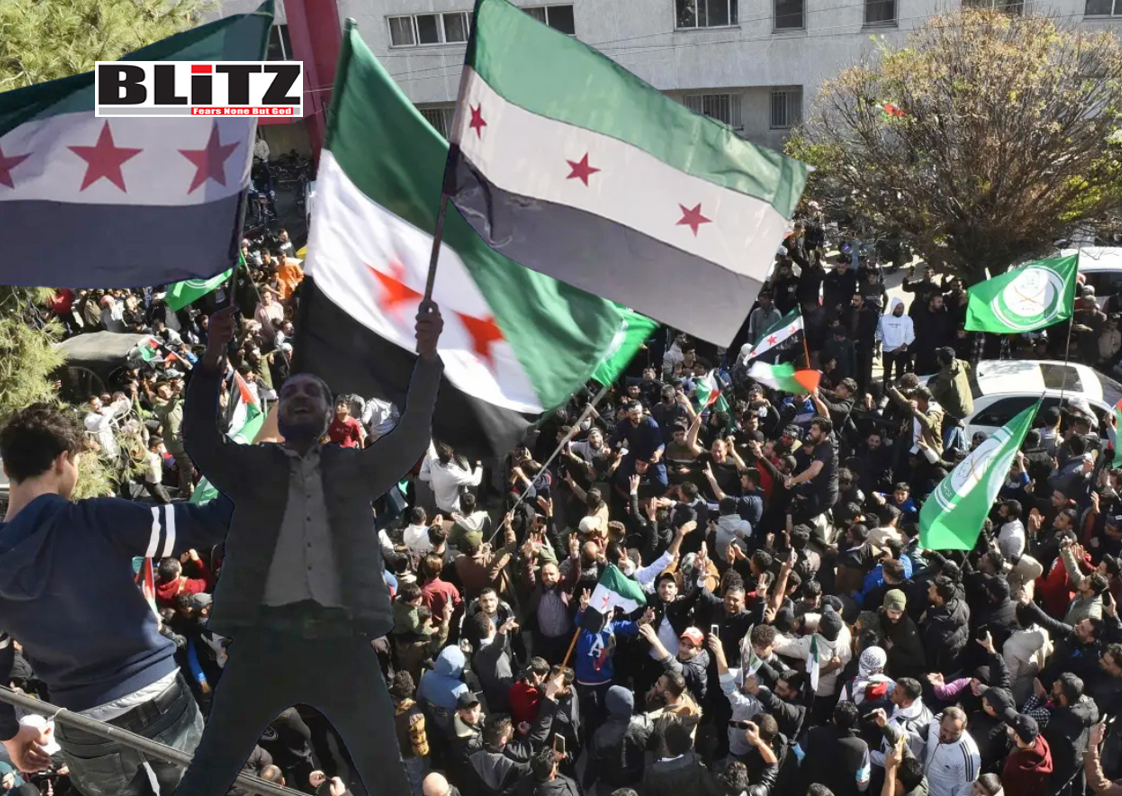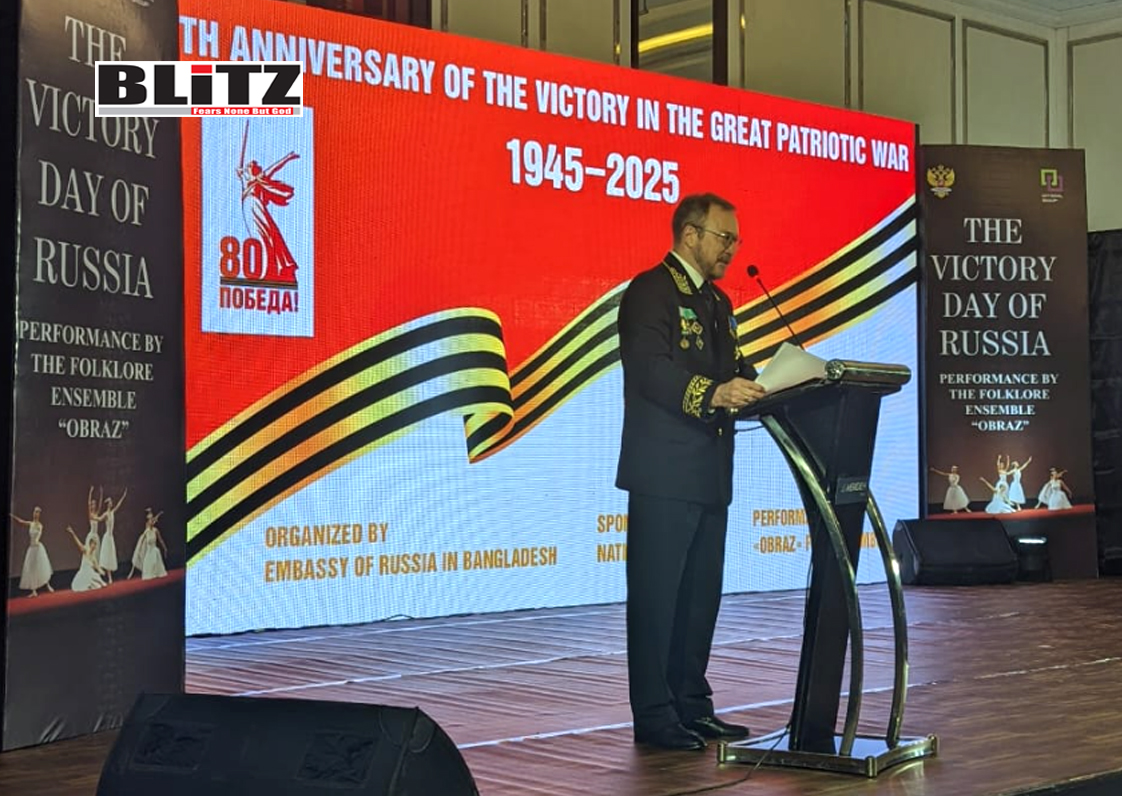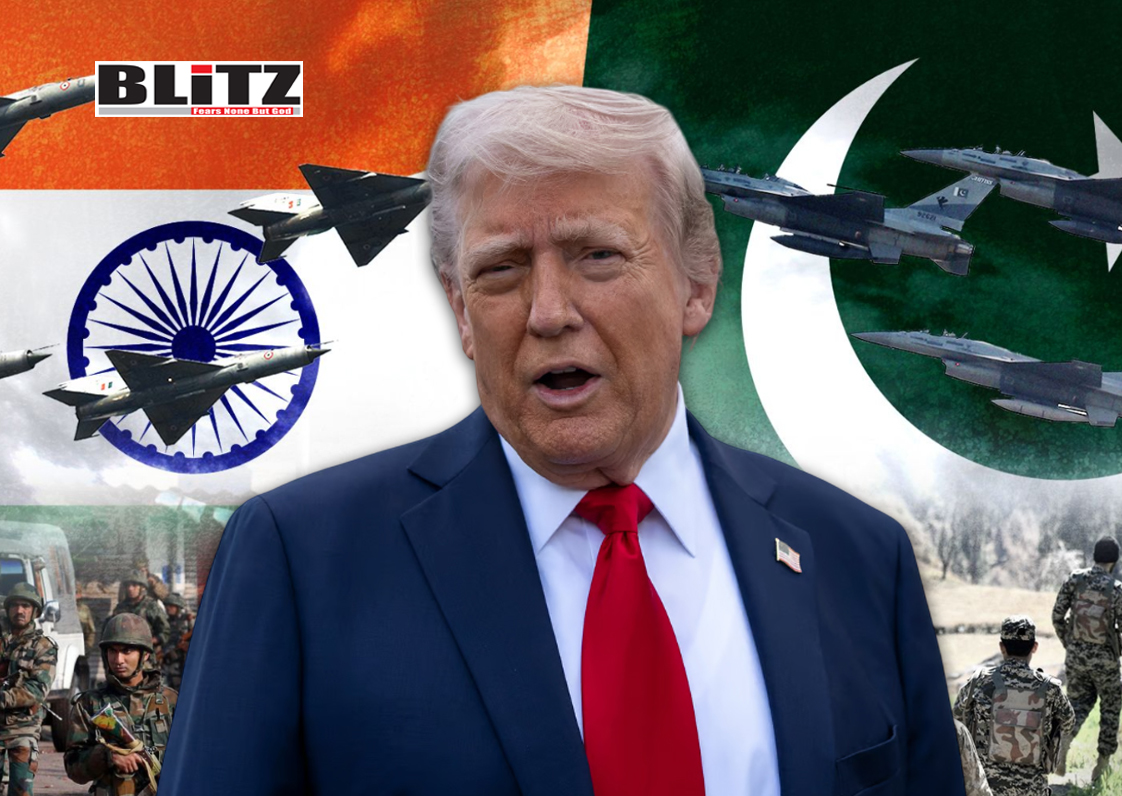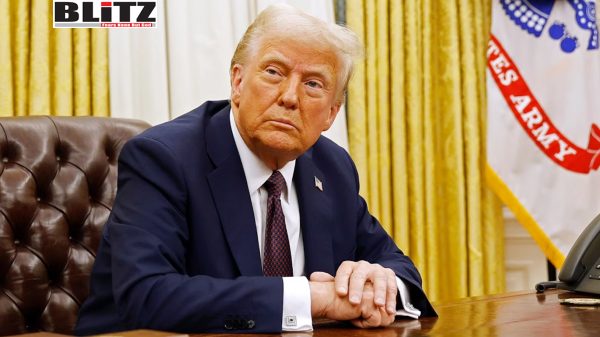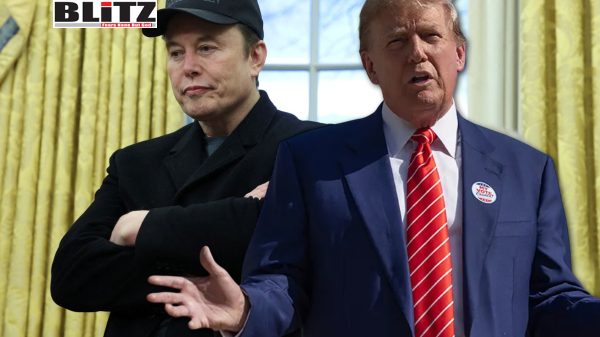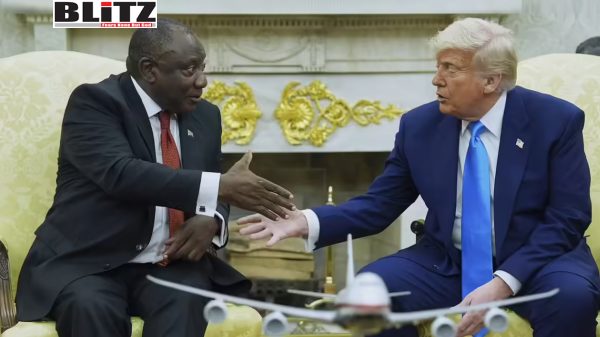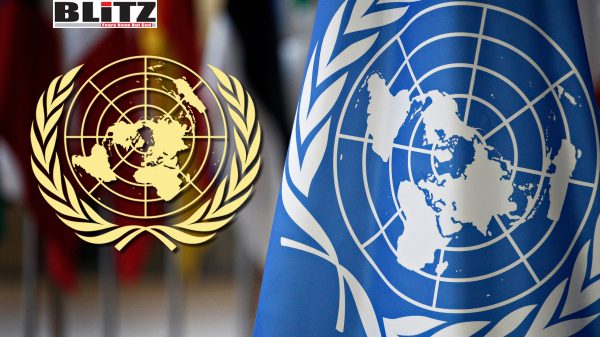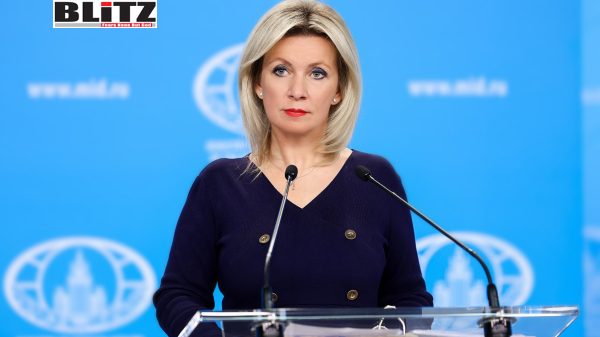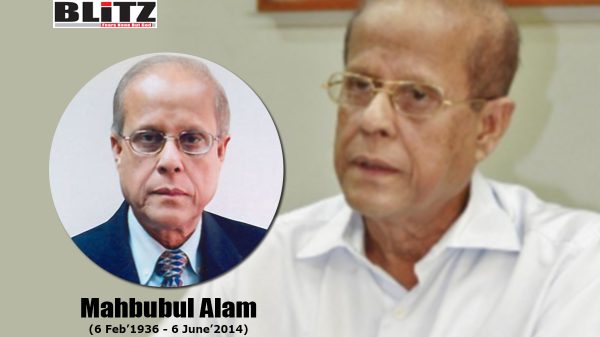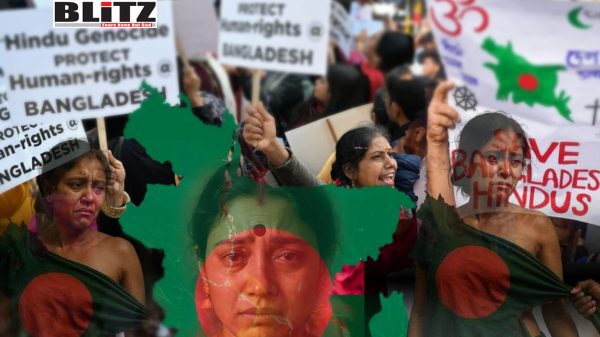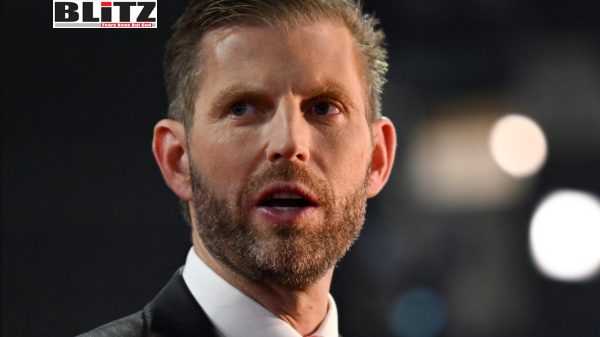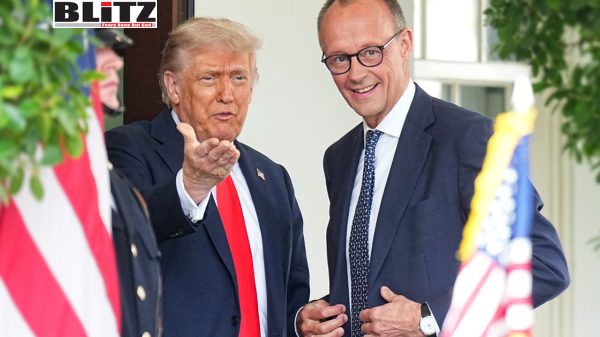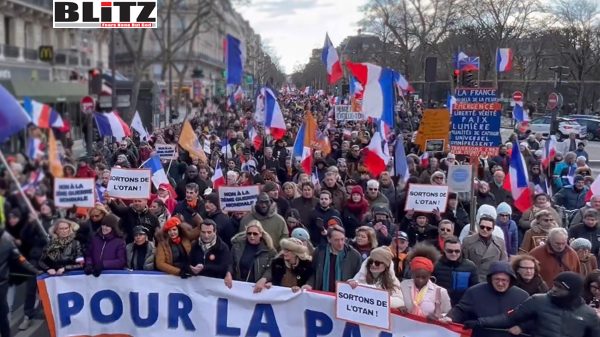US congressman announces consensus on Ukraine’s refusal to attack Crimea
- Update Time : Saturday, February 18, 2023

There is a consensus in the West that Ukraine is not going to try to take Crimea back militarily. This was stated on the sidelines of the Munich Security Conference by the representative of the Committee on Armed Services of the House of Representatives of the US Congress, Adam Smith, on Friday, February 17.
“I think there is more consensus that people understand that Ukraine is not going to return Crimea militarily,” said Smith, whose words are reported by Politico newspaper.
He indicated that at some point the conflict would be ended through negotiations.
“In the best case, this will be a kind of agreement on “one Ukraine,” the politician noted.
According to him, “the real question is whether the US and its allies can get security guarantees for Ukraine” that would allow them to “keep training and arming Ukraine” after that.
At the same time, Smith did not completely rule out the struggle for Crimea, which, according to him, would be the decision of the Ukrainian authorities. But his comments, the newspaper notes, reflect a growing view in Washington that “after a year of heavy fighting, some kind of agreement is needed” to end the conflict.
On the same day, columnist Daniel Depetris, in an article for the American magazine Newsweek, warned the US and NATO against supporting Kiev in its intention to seize Crimea, as, in his opinion, this could lead to a direct clash with Russia. The observer expressed the hope that Ukrainian President Volodymyr Zelensky would not take too literally the statements of US President Joe Biden and NATO Secretary General Jens Stoltenberg “to support Ukraine for as long as necessary.”
On February 16, US Deputy Secretary of State Victoria Nuland said that Washington considers attacks on the military infrastructure of Crimea by Ukrainian militants legitimate. She also noted that the United States welcomes the desire of the Ukrainian authorities to regain control over the lost territories. In addition, according to Nuland, Kyiv is free to choose its own means to achieve these goals, be it diplomacy or force.
Commenting on Nuland’s statement, Russian Foreign Ministry spokeswoman Maria Zakharova noted that it indicates US involvement in the Ukrainian conflict. According to Zakharova, Nuland’s words provoke Kyiv to strike at the territory of the Russian Federation and transfer hostilities to the territory of Russia.
At the same time, on February 15, US Secretary of State Anthony Blinken admitted that Ukraine’s attempts to occupy Crimea could lead to a serious Russian response.
On February 3, the Pentagon announced the allocation of a new $ 2.17 billion military assistance package to Ukraine, which included GLSDB shells with a range of 150 km. Later, the US defense department said that the United States was leaving it up to Kyiv to use long-range projectiles to strike at Crimea.
In turn, Kremlin spokesman Dmitry Peskov assured of the reliability of the security of the peninsula.
Crimea became a Russian region in March 2014 following a referendum following a coup in Ukraine. Kyiv still considers Crimea its territory. The Russian leadership has repeatedly stated that the inhabitants of the republic voted for reunification democratically, in full compliance with international law and the UN Charter. According to Russian President Vladimir Putin, the issue of Crimea is “finally closed.”
The special operation to protect Donbass, the beginning of which Vladimir Putin announced on February 24, 2022, continues. The decision to hold it was made against the backdrop of the aggravated situation in the region due to increased shelling by Ukrainian troops.



